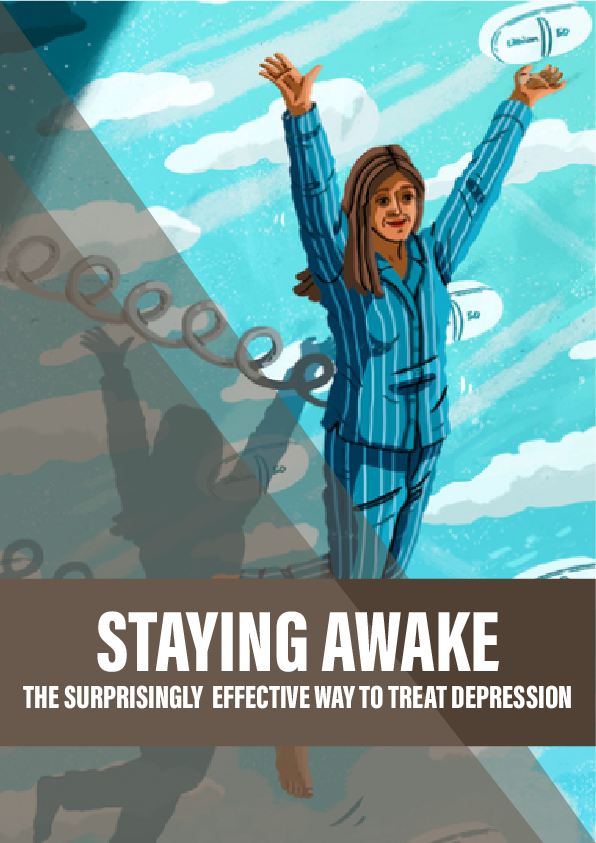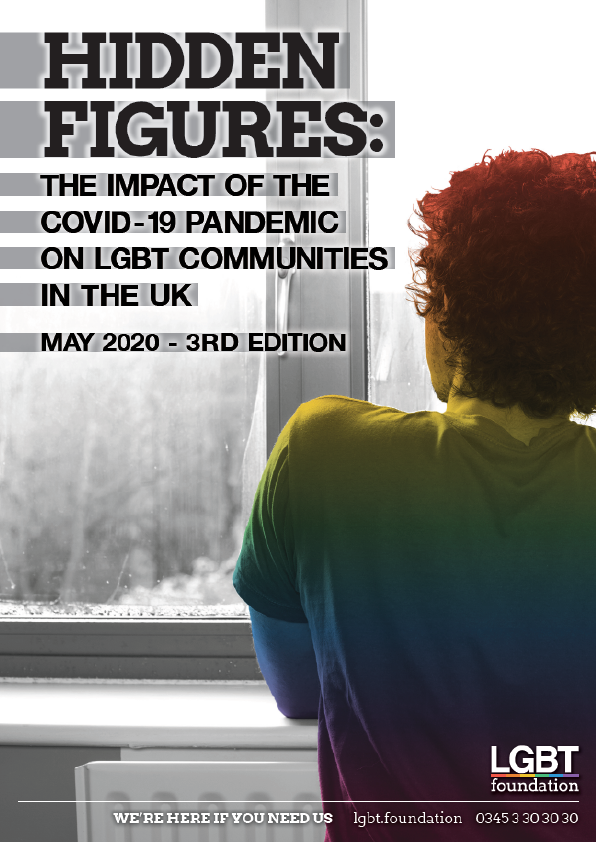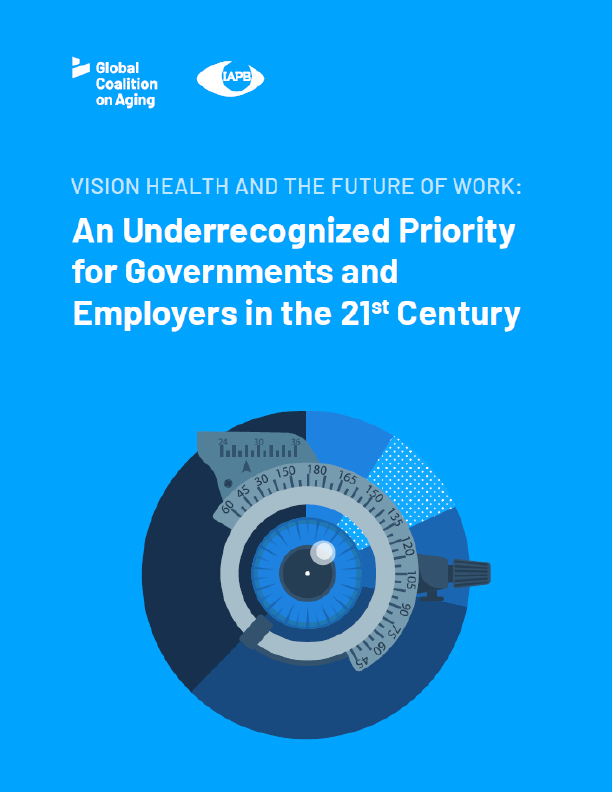Using sleep deprivation to lift people out of severe depression may seem counterintuitive, but for some people, it’s the only thing that works. Linda Geddes reports.
The first sign that something is happening is Angelina’s hands. As she chats to the nurse in Italian, she begins to gesticulate, jabbing, moulding and circling the air with her fingers. As the minutes pass and Angelina becomes increasingly animated, I notice a musicality to her voice that I’m sure wasn’t there earlier. The lines in her forehead seem to be softening, and the pursing and stretching of her lips and the crinkling of her eyes tell me as much about her mental state as any interpreter could.
Angelina is coming to life, precisely as my body is beginning to shut down. It’s 2am, and we’re sat in the brightly lit kitchen of a Milanese psychiatric ward, eating spaghetti. There’s a dull ache behind my eyes, and I keep on zoning out, but Angelina won’t be going to bed for at least another 17 hours, so I’m steeling myself for a long night. In case I doubted her resolve, Angelina removes her glasses, looks directly at me, and uses her thumbs and forefingers to pull open the wrinkled, grey-tinged skin around her eyes. “Occhi aperti,” she says. Eyes open.
This is the second night in three that Angelina has been deliberately deprived of sleep. For a person with bipolar disorder who has spent the past two years in a deep and crippling depression, it may sound like the last thing she needs, but Angelina – and the doctors treating her – hope it will be her salvation. For two decades, Francesco Benedetti, who heads the psychiatry and clinical psychobiology unit at San Raffaele Hospital in Milan, has been investigating so-called wake therapy, in combination with bright light exposure and lithium, as a means of treating depression where drugs have often failed. As a result, psychiatrists in the USA, the UK and other European countries are starting to take notice, launching variations of it in their own clinics. These ‘chronotherapies’ seem to work by kick-starting a sluggish biological clock; in doing so, they’re also shedding new light on the underlying pathology of depression, and on the function of sleep more generally.
“Sleep deprivation really has opposite effects in healthy people and those with depression,” says Benedetti. If you’re healthy and you don’t sleep, you’ll feel in a bad mood. But if you’re depressed, it can prompt an immediate improvement in mood, and in cognitive abilities. But, Benedetti adds, there’s a catch: once you go to sleep and catch up on those missed hours of sleep, you’ll have a 95 per cent chance of relapse.
The antidepressant effect of sleep deprivation was first published in a report in Germany in 1959. This captured the imagination of a young researcher from Tübingen in Germany, Burkhard Pflug, who investigated the effect in his doctoral thesis and in subsequent studies during the 1970s. By systematically depriving depressed people of sleep, he confirmed that spending a single night awake could jolt them out of depression.
Benedetti became interested in this idea as a young psychiatrist in the early 1990s. Prozac had been launched just a few years earlier, hailing a revolution in the treatment of depression. But such drugs were rarely tested on people with bipolar disorder. Bitter experience has since taught Benedetti that antidepressants are largely ineffective for people with bipolar depression anyway.
His patients were in desperate need of an alternative, and his supervisor, Enrico Smeraldi, had an idea up his sleeve. Having read some of the early papers on wake therapy, he tested their theories on his own patients, with positive results. “We knew it worked,” says Benedetti. “Patients with these terrible histories were getting well immediately. My task was finding a way of making them stay well.”
So he and his colleagues turned to the scientific literature for ideas. A handful of American studies had suggested that lithium might prolong the effect of sleep deprivation, so they investigated that. They found that 65 per cent of patients taking lithium showed a sustained response to sleep deprivation when assessed after three months, compared to just 10 per cent of those not taking the drug.
Reference:
- Fransesco Benedetti’s profile page at San Raffaele Hospital, with an overview of his research interests.
- An overview of the effectiveness of different types of chronotherapy.
- A 2013 paper by Benedetti and colleagues outlining the effectiveness of triple chronotherapy on drug-resistant bipolar depression.
- An introduction to circadian rhythms, by the US National Institute of General Medical Sciences.
- An article on understanding sleep, by the Cleveland Clinic.











